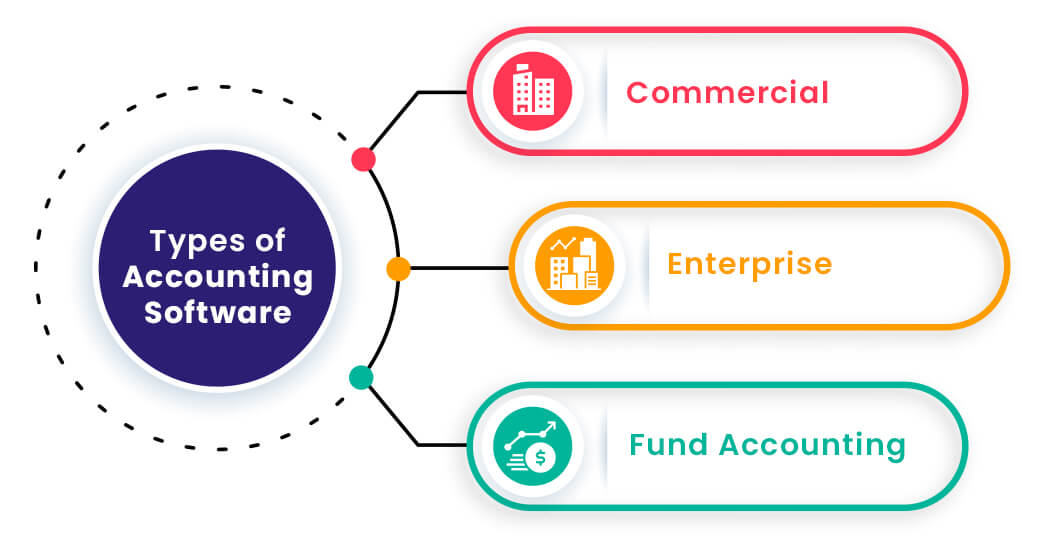Numbers Made Easy: Unlocking the Power of Accounting Software for Your Business Success
In today's fast-paced business environment, managing finances effectively is crucial for success. Many entrepreneurs and small business owners find themselves overwhelmed by the complexities of accounting and financial reporting. This is where accounting software for business comes into play, providing essential tools that simplify financial management, enabling you to focus on your core operations.
The advantages of utilizing accounting software extend far beyond mere number crunching. With the right software, you can streamline your bookkeeping processes, enhance accuracy, and save valuable time that can be redirected toward growing your business. As technology continues to evolve, embracing these innovative solutions can create a solid foundation for making informed financial decisions and achieving your business goals.
Benefits of Accounting Software
One of the most significant benefits of accounting software for business is enhanced accuracy. Manual bookkeeping can lead to errors due to human oversight, but accounting software minimizes this risk. With automated calculations and data entry, businesses can ensure their financial information is precise and up-to-date. This accuracy not only fosters better financial decision-making but also helps in maintaining compliance with tax regulations and other financial obligations.
Another important advantage is time savings. Accounting software automates routine tasks such as invoicing, payroll processing, and financial reporting. By streamlining these procedures, businesses can allocate their time and resources more effectively. This efficiency allows staff to focus on core activities, rather than getting bogged down by administrative tasks, ultimately contributing to better overall productivity and growth.
Finally, accounting software provides valuable insights through robust reporting features. Business owners can easily generate financial reports, track key performance indicators, and analyze trends over time. This access to real-time financial data enables informed decision-making and strategic planning. With a clear understanding of their financial health, businesses can identify areas for improvement and seize opportunities for growth.
Key Features to Look For
When selecting accounting software for business, intuitive user interface plays a critical role. An easy-to-navigate design ensures that your team can quickly grasp the software functionality without extensive training. Look for solutions that allow you to manage tasks like invoicing, expense tracking, and reporting with minimal clicks, enhancing productivity and efficiency across your operations.
Another vital feature to consider is integration capabilities. The software should seamlessly connect with other tools your business relies on, such as customer relationship management systems and inventory management solutions. This interconnectedness eliminates data silos and provides a holistic view of your business finances, enabling better decision-making and a more streamlined workflow.
Additionally, robust reporting and analytics features are essential for making informed financial decisions. The right accounting software should offer customizable reports that highlight key metrics relevant to your business. Look for options that provide real-time insights into your financial health, helping you identify trends, manage cash flow, and strategize for future growth effectively.

Choosing the Right Software for Your Business
When selecting accounting software for business, it is crucial to evaluate your specific needs and the scale of your operations. Consider the size of your company, the complexity of your financial transactions, and the industry you operate in. A small startup may benefit from simpler, cost-effective solutions, while a larger organization might require more robust, feature-rich software with advanced capabilities. Assessing your current and future requirements will ensure you choose a solution that can grow with your business.
User experience is another important factor to consider. The software should be intuitive and easy to navigate to minimize the learning curve for you and your team. Look for platforms that offer user-friendly interfaces and customizable dashboards. Additionally, evaluate the customer support provided by the software provider. Reliable customer service is essential, especially when you encounter issues or need assistance during crucial financial periods.
Lastly, budget considerations cannot be overlooked. While investing in quality accounting software is vital for business success, it is essential to find a solution that fits within your financial constraints. Many providers offer tiered pricing plans or free trials, allowing you to test out the software before committing. Look for options that provide value for your investment while ensuring you are not overpaying for features you may not need. Finding the right balance between cost and functionality will lead to better long-term satisfaction with your accounting solution.